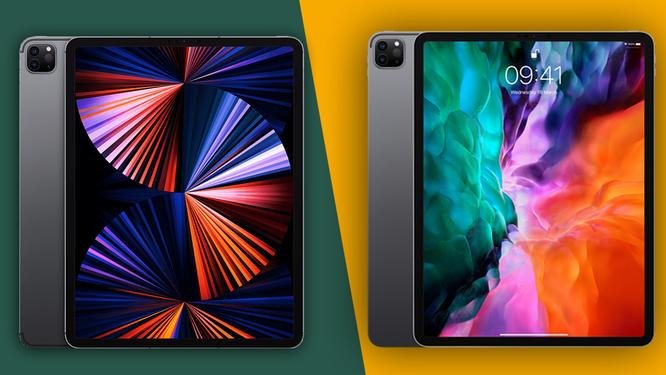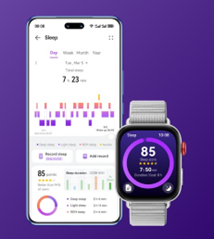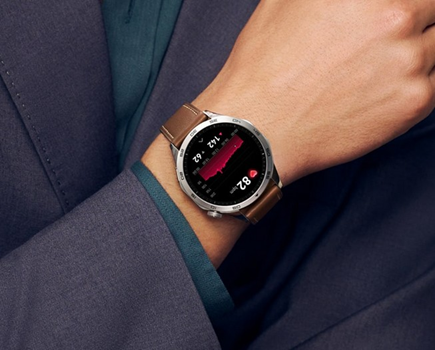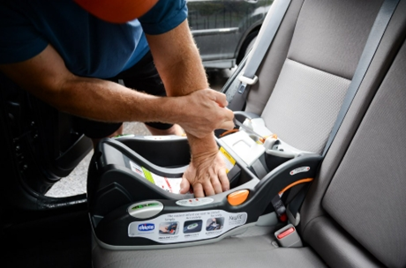The chips they use is a bit different and they do a little better on some tests than they do others. It does seem to be a close decision but my feeling is a10x really needs to make sure they get a decent market share versus their a9x counterparts. Apple Computers have been doing well lately but if they don't start building custom chips, they will soon be left in the dust.
Aaaplma's are not much faster than an a10x when it comes to random access processing (RAP) on a single core but the a11 chip is about three times faster. Apple Computers is now claiming that their series processors are five to six percent faster than an a10x in random performance. So which one should you buy? I would say aaaplma's is probably a good investment. However, if you're spending more money than you need to be, you might want to consider a10x or an a11 instead. So, is it a fair comparison if the A10x had to compete with a dual core iPhone? Of course it is. The difference in processing speed between the two isn't enough to make a difference in the final product.
A quick comparison between the two now comes down to a comparison between two different price points. Obviously a cheaper product is going to be faster but not by enough to make a noticeable difference in the final product. So, if your point of comparison is based on price, the a10x fusion chip should win hands down. However, if your point of comparison is based on performance, then the cheaper phone is obviously going to perform better.
Benchmarking performance, we ran two simple speed tests. One test was conducted with the default settings and another with a specific program loaded onto the device. We'll note right up front that the default settings were the slowest speeds recorded. That's not a surprise considering that many people don't know the differences between a rooted and unlocked iPad. This article assumes that you're looking at an iPad Air or iPad mini versus an a12.

The second test was conducted with the settings enabled on a device with WiFi. That's a typical setup for a WiFi network. So, the first test obviously involves a slower processor than what was used in the second test. Let's quickly take a look at the results.
A Difference of eleven percent is pretty small when compared to many other benchmark comparisons. It's still faster than the ax however. So, is it still worth upgrading to the a10x vs a12 bionic? The short answer is, "it depends". If you're looking for the fastest Wi-Fi chip, then the iPad mini is going to be way too slow. But if you want a phone that can perform as well, then you're probably going to want to consider the ax at a10x.
Now, we'll compare the new models with the older ones. The ax still outplaces the a12 bionic by nine percentage points. So, is the ax really a significant improvement over the a12 bionic? Again, it depends.
The key comparison is between the iPad pro and the third gen iPad pro. The procreate 4G is considerably faster, even though it costs nearly twice as much as the pro. The big difference is in the apps that are available on the iPad pro. For example, the apps that are available on the first gen iPad are limited while those on the second gen iPad are much better. So, it looks like the iPad pro is a much better choice if you're looking for an application that will truly change how you use your tablet.






